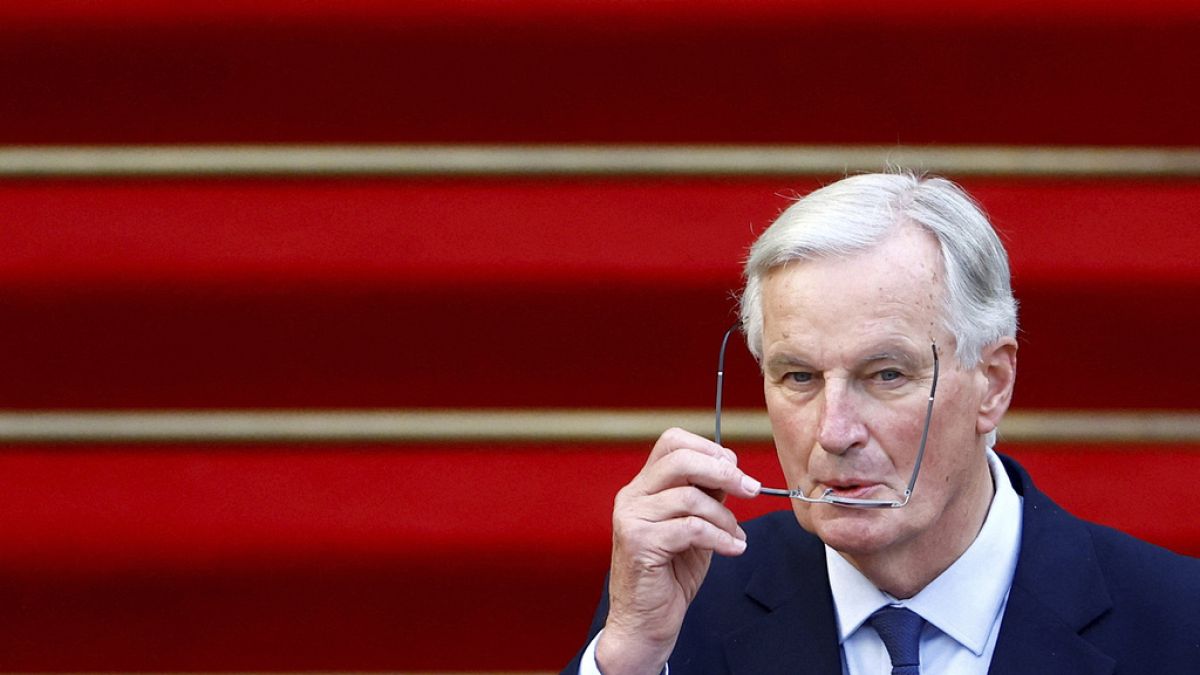French Prime Minister Michel Barnier’s new cabinet, comprised of 39 ministers, is focused on addressing the country’s debt crisis and reducing high levels of migration. The new government, consisting of conservatives and centrists, gathered for the first time at the Élysée presidential palace to discuss key issues such as the 2025 budget bill and immigration policies. Barnier emphasized the need for a national effort to address the debt crisis after France was placed under a formal procedure by the European Commission earlier this year. He hinted at the possibility of raising taxes for the wealthiest individuals in the country to contribute to this effort.
In his first televised interview since the appointment of ministers, Barnier highlighted the importance of controlling and limiting immigration, referring to the increasing number of migrants entering France as “unbearable”. He mentioned similar measures taken by neighbouring countries like Germany, which imposed temporary controls at land borders. Barnier’s upcoming political test will be on 1 October when he delivers his general policy speech to the National Assembly. The political landscape in France is divided among three main blocs – the left-wing coalition, Macron’s centrists, and the far-right, with the New Popular Front securing the most seats in recent parliamentary elections but failing to win a majority.
Despite coming from different political backgrounds, Barnier and Macron are expected to work together smoothly for the benefit of the country. Barnier, a seasoned political veteran who played a crucial role as the EU’s Brexit negotiator, emphasized the importance of making compromises to unite the diverse factions within the government. The goal is to create a more stable government that can effectively address the pressing issues facing France. By forming an alliance with Macron’s centrists, Barnier aims to have greater support within the National Assembly to implement necessary reforms and policies.
The European Commission’s recommendation for France to start an “excessive deficit procedure” earlier this year has put pressure on the government to take corrective action to address the country’s debt crisis. Barnier’s government is tasked with managing the 2025 budget bill, a major challenge that will require careful planning and decision-making to ensure financial stability. The proposed tax increases for the wealthiest individuals in France are part of the government’s strategy to generate additional revenue and reduce the budget deficit.
Barnier’s focus on controlling and limiting immigration is another key aspect of his government’s agenda. By addressing the issue of high levels of migration, he aims to alleviate the pressure on the country’s resources and infrastructure. Drawing inspiration from measures taken by neighbouring countries like Germany, Barnier is committed to implementing policies that will help manage the flow of migrants entering France. By taking a proactive approach to immigration issues, Barnier’s government seeks to strike a balance between humanitarian concerns and the need to maintain national security and stability.
As Barnier navigates the complex political landscape in France, his experience as a skilled negotiator and consensus-builder will be crucial in uniting diverse political factions and implementing effective policies. By emphasizing compromise and collaboration, Barnier aims to create a cohesive government that can address the country’s pressing challenges. With a focus on financial stability, immigration management, and uniting political forces, Barnier’s government is poised to make significant strides in tackling key issues facing France.










